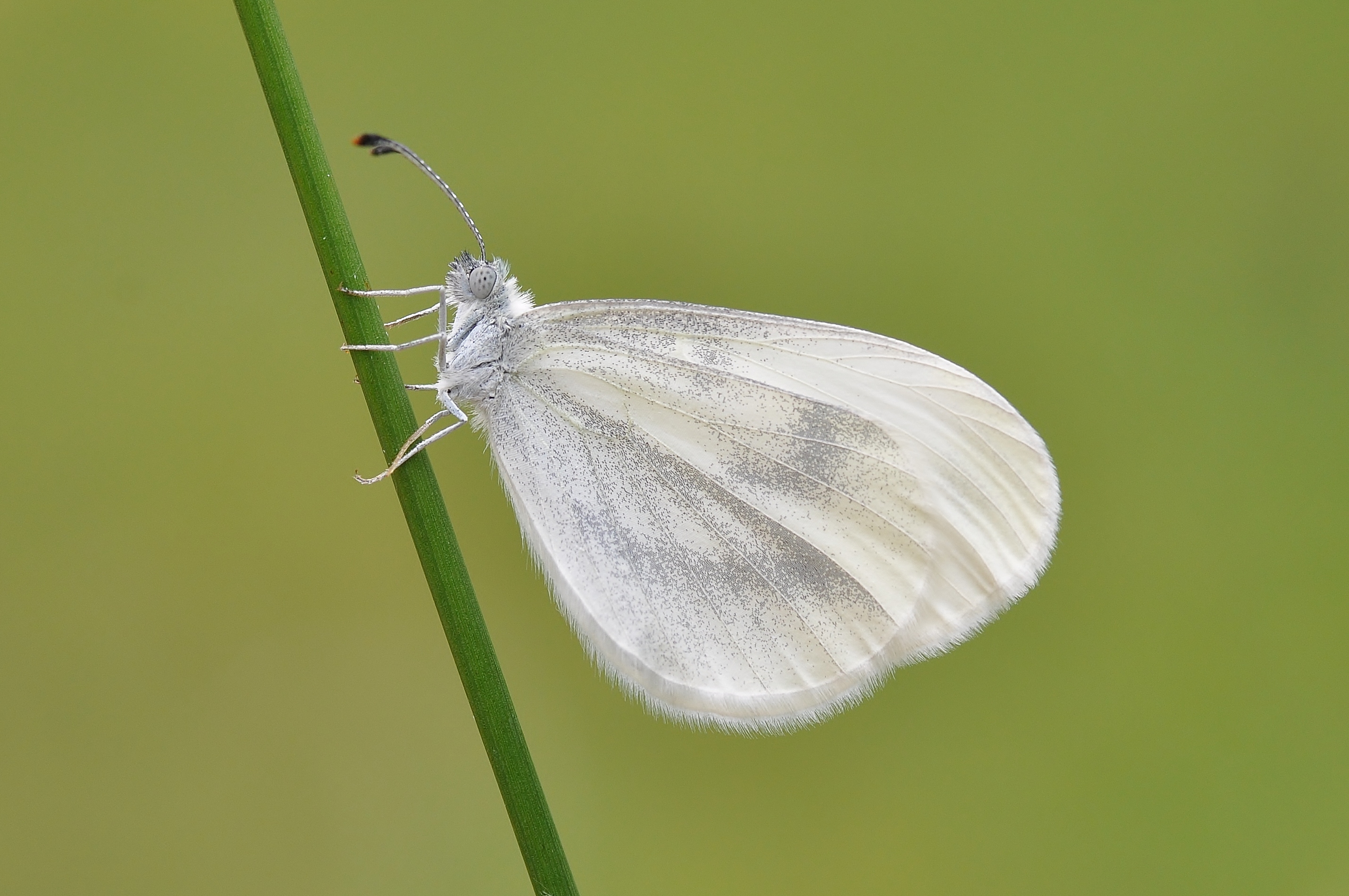Conservative MP for Ludlow, Philip Dunne, has ‘adopted’ one of the West Midland’s rarest butterflies in a bid to boost its numbers.
The Wood White has declined by 88% in the UK since the 1970s and can be found on just 50 sites across the country, with nearly half of these in the West Midlands.
 Philip Dunne has joined forces with wildlife charity Butterfly Conservation (BC) to become a ‘Species Champion’ for the Wood White.
Philip Dunne has joined forces with wildlife charity Butterfly Conservation (BC) to become a ‘Species Champion’ for the Wood White.
BC’s Conservation Officer, Rachel Jones, said: “The Species Champion project is about MPs promoting species, habitats and positive management within their constituency and in Parliament.
“There are now 42 MP Species Champions across England and we’re really grateful that Mr Dunne has chosen to support BC and raise awareness of this declining butterfly.”
The Shropshire MP recently joined BC staff and volunteers on a visit to a Wood White site in nearby Herefordshire which is owned by the Forestry Commission (FC).
Mr Dunne said: “I was pleased to join local volunteers to seek out some Wood White butterflies on the edge of the Ludlow Constituency, and to see the important work they undertake to protect and support this butterfly.
“Working with Butterfly Conservation, I hope my role as Species Champion will raise the profile of this important rare species and help secure its future.”
BC’s Project Officer for the Wood White butterfly, Rhona Goddard, said: “It was lovely to meet Mr Dunne because he clearly had a passion for wildlife and was very enthusiastic and supportive about the work we are doing for this butterfly in the West Midlands.
“Thanks to our volunteers and the funding from the Heritage Lottery Fund, the Wood White seems to be doing much better this year. On just one day this summer, our volunteers counted over 360 Wood White butterflies at one of our sites, so things are looking positive.”
 The Wood White is the smallest of the UK’s white butterflies with an average wingspan of just 44mm and can be seen on the wing between May and early July. In warm years, a partial second brood can emerge around August.
The Wood White is the smallest of the UK’s white butterflies with an average wingspan of just 44mm and can be seen on the wing between May and early July. In warm years, a partial second brood can emerge around August.
The butterfly needs wide, sunny clearings within the woodland to feed and mate successfully and conservation work is needed to help create these conditions.
Why not get involved and help this butterfly in the West Midlands? You can take part in a free event or email Rhona Goddard for more information.


